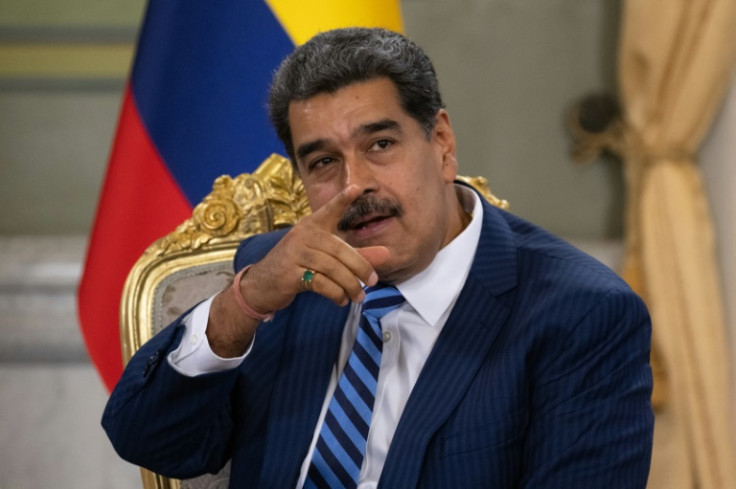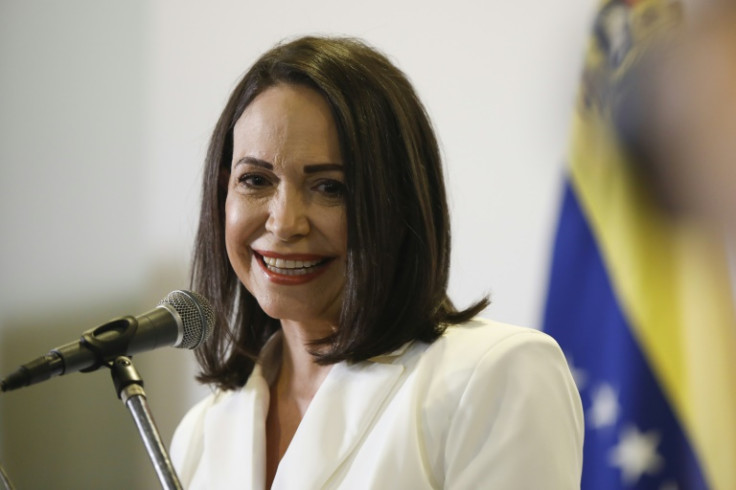
The Venezuelan government, along with a series of allies, announced a series of potential dates for this year's presidential elections.
The proposal included more than 20 dates, which ranged from mid-April to early December. The final date will be chosen by the country's National Electoral Council, friendly to the Maduro government. The document urges authorities to choose a date before the end of March.
If the date chosen is one before July 1, it would go against a provision of the Barbados agreements, a result of negotiations with the opposition that sought to provide a framework toward freer and fairer elections in the country.
The chasm between government and opposition has been growing over the past months, as the former has taken a series of actions going against the agreements, which also included the lifting of some sanctions to the country's oil industry.
Among them were the banning of opposition presidential candidate María Corina Machado and, more recently, the detention of human rights activist Rocío San Miguel and the expulsion of a United Nations mission that criticized the arrest.

The recent proposal does not make any mentions regarding the participation of Machado or any other candidate who has been banned. It does call for the extending of invitations to "technical missions" of national and international observers as long as they "comply with strict respect for the Constitution, the law and applicable legal norms."
The opposition's umbrella organization, the Unitary Platform, did not take part in any of the meetings held to write the electoral document. They did meet with government officials and Norwegian diplomats -who have been guiding negotiations- to list multiple violations of the Barbados agreement.
The latest source of political controversy in the country concerns the detention of San Miguel on February. She was accused by the government of "terrorism," "conspiracy," and "betrayal of the homeland," saying she was linked to an alleged plot to assassinate Maduro.
Following criticism to the decision, the Maduro government suspended its activities and gave its staff 72 hours to leave. They left for Panama shortly after and have been there ever since.
Agency spokesperson Marta Hurtado confirmed to Spanish news agency EFE that the office led by High Commissioner Volker Türk has a global mandate, allowing it to continue monitoring the human rights situation in Venezuela even without a physical presence in the country.
Maduro delved into the expulsion. "That office deviated. (It went) from being a technical advisory office that should respect the institutions and rather advise on the legal reforms that the country needs, advise the institutions to improve, suddenly to an internal espionage office, of internal conspiracy," said Maduro.
The U.S. decided to reimpose some of the sanctions it had lifted, saying the Venezuelan government didn't fulfill its commitments made in the Barbados agreements. In turn, Venezuela followed through on a threat to the U.S. and stopped accepting deportation flights from the country.
Overall, 15 flights were chartered, returning about 1,800 Venezuelans to their country. Even though the figure is a tiny fraction of the hundreds of thousands detained along the U.S. southern border, the agreement was seen as a deterrent for those who don't want to return by any means.
© 2025 Latin Times. All rights reserved. Do not reproduce without permission.





